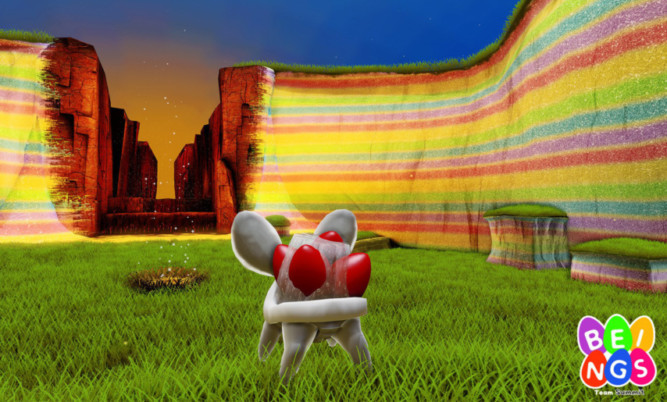A multinational team of game developers from Abertay University hope their fun take on genetics will impress the judges at the final of a Europe-wide contest next month.
Dundee students Claudio Bozzotta, 22, Clement Marcou, 23, Vijay Kesiraju, 22, and Gaurav Pant met by chance at a city flat.
They are getting set to contest the showpiece last round of the Make Something Unreal Live competition at the Gadget Show Live exhibition in Birmingham.
Over the show’s five days Team Summit will continue the rapid development of their game entitled Beings in real time, presenting their progress to judges and an audience as much as 5,000-strong twice daily.
https://youtube.com/watch?v=-lXH3B24q5U%3Frel%3D0
The small team is one of four to reach the final stages of the contest, after 22 from across the Continent entered pitches for the genetics- and genomics-themed and Wellcome Trust-sponsored event.
The group say they are confident as they go up against fellow finalists from Staffordshire and Bournemouth universities and Sweden’s Blekinge Institute of Technology.
“Everyone in the final is aiming at an adult audience, but we were the only team who aimed at a younger audience. That’s what made us stand out and we have worked on polishing the artwork, which has really been appreciated so far,” said 21-year-old programmer Gaurav.
Beings is described as a puzzle-solving platform game with a twist. At the end of each stage, players are invited to play the following level with one of the cute lead character’s offspring.
The feature is intended to demonstrate how genetics alter the characteristics of the individual, and how those characteristics are determined and influenced by those of its parents and grandparents. Gaurav said the team’s approach is aided by medical student Claudio, a published writer on genetics in his native Italy.
Gaurav and Vijay hail from India, while Clement is French.
“Claudio is so passionate about games that after doing three years of his medical studies he came all the way to Dundee, and now he’s in the first year of his course that shows his drive for games,” he said.
“But as the game is intended for kids we are not having tonnes and tonnes of tutorials you can sit in front of the computer and play it. It’s basically movements. It’s a platform game where you have to solve puzzles to get to the next level.”
Gaurav hopes that the game’s bright design and “candy cane” looks will lead to children absorbing knowledge about the behaviour of the human genome.
He is confident Team Summit’s cross-discipline approach could see gaming or at least techniques used in game design put to good use in other industries, like Dundee’s life sciences sector.
The event runs from April 3-7 at the NEC in Birmingham.
